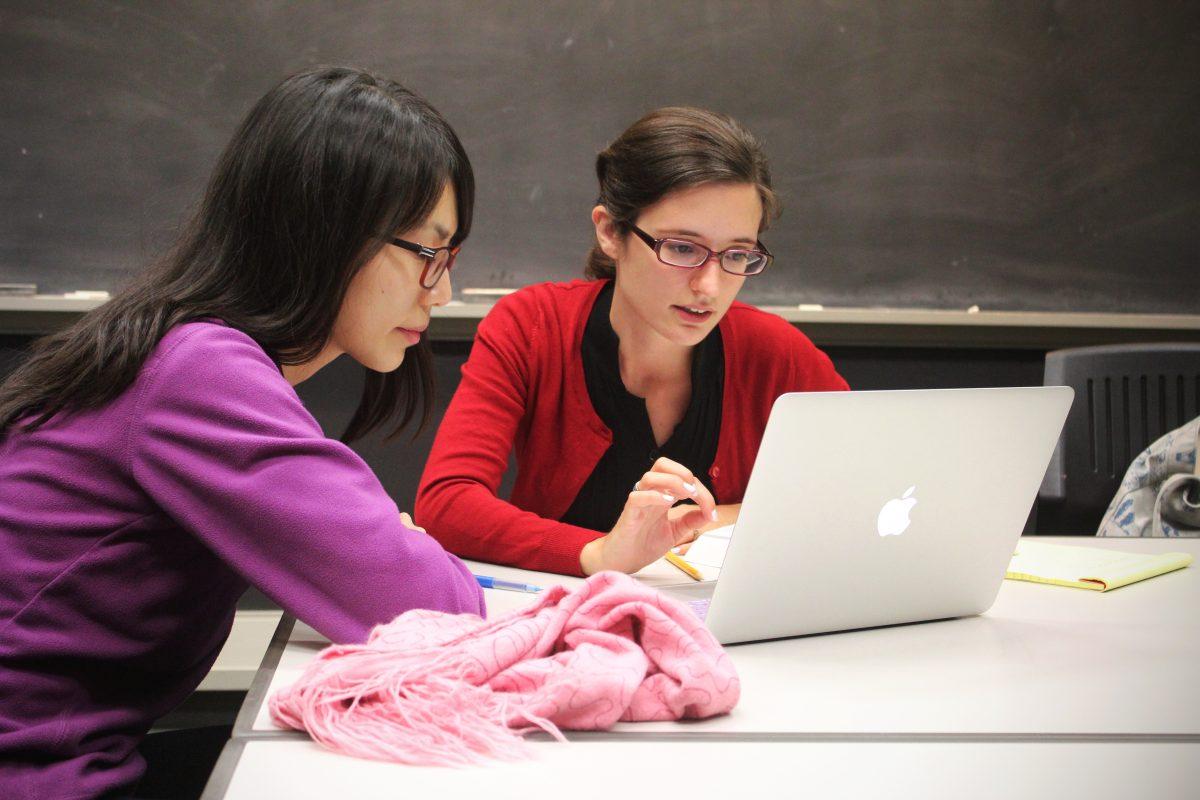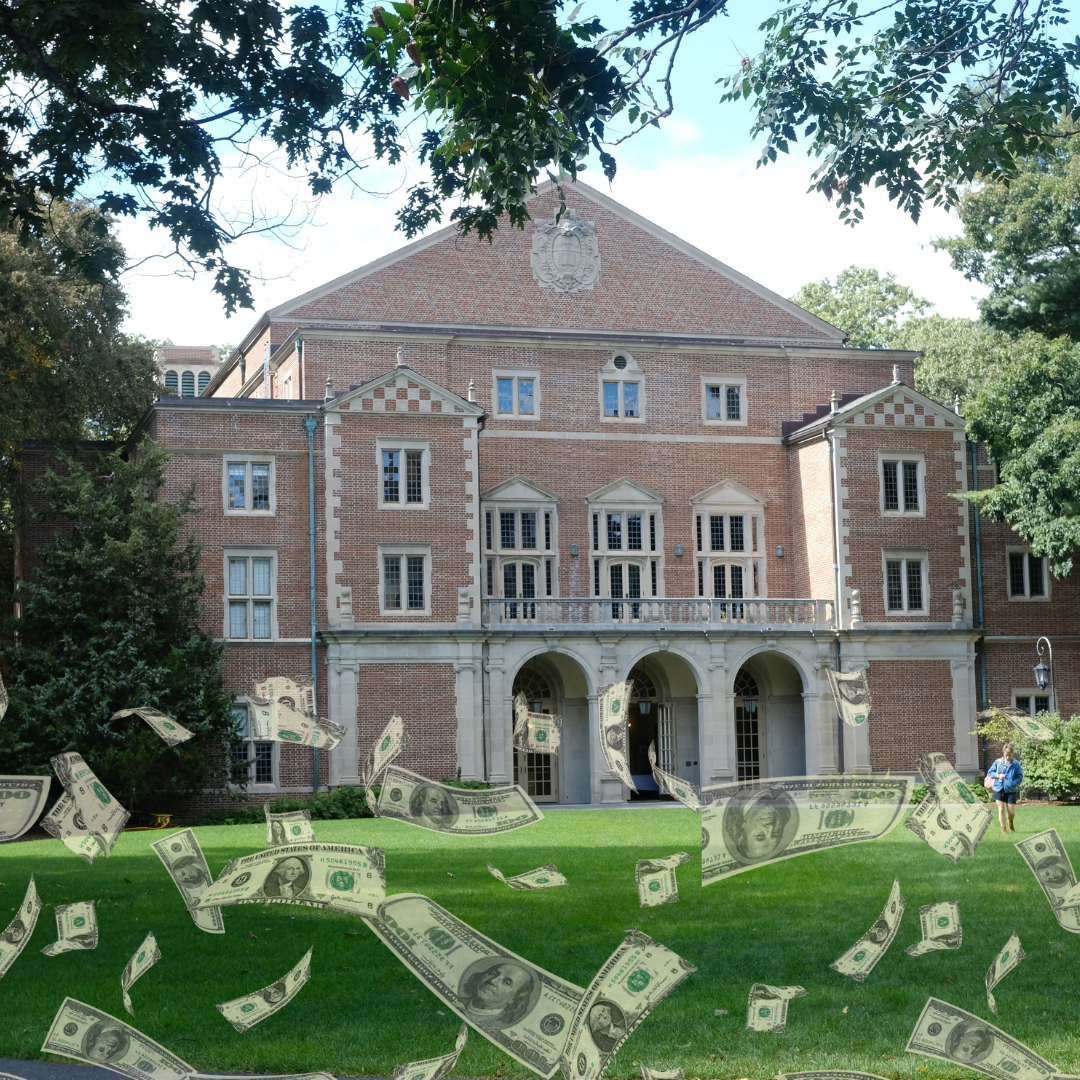English Language Resource Center created under Writing Program
Wellesley College has introduced the English Language Resource Center (ELRC), a center for students who did not learn English as their first language to drop in for extra help. The center, which is offered as a part of the Writing Program, provides one-on-one tutoring focused on problems associated with language usage. In addition to giving writing support, the ELRC assists students with many aspects of oral and written expression including grammar, pronunciation, word choice and reading comprehension.
Students who visit the ELRC meet directly with coordinator Alaina Farabaugh, who previously worked at a Boston non-profit organization helping English learners. Farabaugh now oversees the center and is the sole tutor for the program. She explains that she can help with different assignments such as presentations or essays.
She aims for the one-on-one assistance to be collaborative and seeks to train non-native English speaking students to start noticing common mistakes. She customizes each tutoring session to the student’s particular needs by first familiarizing herself with the requirements for the course, then pointing out parts that need improvement.
“Students bring me a specific assignment that they want me to look over. I sit with them, ask them questions about the assignment and the class, silently read over their introduction, then we go through the work together and look over things that can be improved,” Farabaugh said.
Ann Velenchik, the director of the Writing Program, along with other instructors in the program, established the ELRC after noticing a need for a center where students who have not had a traditional English background can receive extra help. Students who visit the ELRC are typically international or have spent a significant amount of time living abroad.
“The instructors felt like there needed to be somewhere where they could send students to get really intensive English language support, that there wasn’t really a place where they were getting that,” Farabaugh said.
The ELRC is not affiliated with the Pforzheimer Learning and Teaching Center (PLTC), but the two centers do collaborate in some instances. The writing tutors associated with the PLTC are mainly focused on problems with formal writing such as idea generation and structure, but when language obscures the meaning of the work, they may refer students to the ELRC. Writing tutors do not give direct corrections for grammar and language usage which Farabaugh says might be exactly what a non-native English learner needs help with.
“Sometimes an English learner just needs to know that this is an idiom, that’s just how it’s said in English. There’s not a rule that can be learned, it’s just how it’s done,” Farabaugh said.
Farabaugh has plans to extend the support of the ELRC to more students on campus. She hopes to offer workshops to address general problems with language as well as work with the Slater International Center to reach out more to the community.
Mojia Shen ’18, a student from China, has taken advantage of the ELRC for help on her writing assignments. She finds the Center very beneficial and recommends it to other non-native students.
“It doesn’t only help me with improving my essays, but also teaches me lots of grammar rules and other useful expressions,” Shen said. “I feel the Center is a great support for non-natives.”
Shen finds the ELRC to be a helpful resource and commented that Farabaugh is very accessible and encourages active thinking.
“Alaina herself is very approachable and she encourages me to think first before offering me a better word choice,” Shen said.
Students can walk in to the ELRC, located in Pendleton West 121, on select weeknights, or make an appointment directly with Farabaugh.






